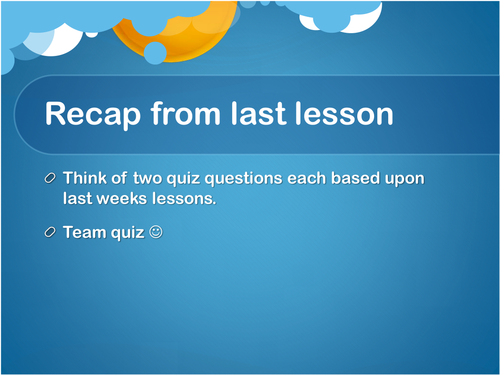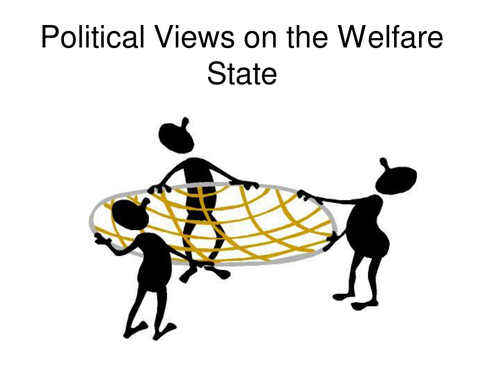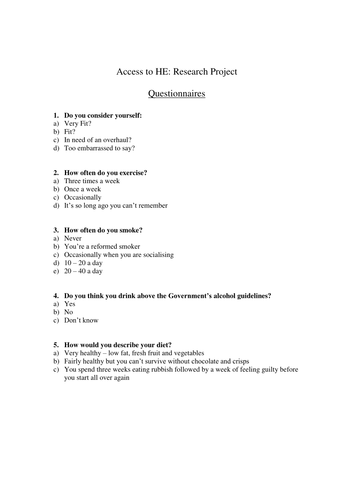
134Uploads
50k+Views
12k+Downloads
Sociology

What is classified as Normal and Abnormal behaviour?
This worksheet is best bought as part of a bundle with the accompanying PowerPoint. Students will indicate a list of behaviours and whether they deem them as normal or abnormal. They will then justify their responses. Can be used a starter or a plenary.

Introduction Sociology
Teacher-Led Presentation takes students through what sociology is, aims to dispel misconceptions, provides a brief introduction to key perspectives.
No student activites, these could be added in to suit the class/course you are teaching.

Disability
Lesson Focus: To be able to use psychological theory to explain why misconceptions of disability exist.
Some student activities, contentious questions and relevant theory throughout.
Originally aimed at Access to HE Learners but would also be appropriate for other courses.
You may wish to use additional student focused activities to compliment this.

Sociological Theories of Deviance
Whole lesson which was delivered over a full day of teaching. Students will research key theories and apply this to real life context. This is suitable for A-Level and Access to HE Learners. PowerPoint also contains some details for teacher prompts.
Students will explore relativism vs absolutism, social constructs

Introduction to Politics and the Welfare State
An introductory session based on the differences between Labour and Conservative political party views. Students will explore arguments for and against Universal benefits and Means tested benefits. Discusses David Cameron's Ideology. You may wish to produce a follow up activity to encompass Theresa May e.g. different between views or what will the change of PM mean for the country.

Labelling Theory and Crime
This lesson introduces students to the idea of labelling theory and what can impact on being labelled as criminal e.g. the circumstance, historical period etc. Modern examples are used e.g. the one legged model to introduce students to this area in a way they can relate to.
Students will embark on a range of activities surrounding Becker, Labelling theory, Producing a Web Page based on the theory and will be briefly introduced to the overlap between sociological/criminological theory and philosophy by looking at John Stuart Mills and Jeremy Bentham.
This should last for around 2 hours depending on the group delivered to.

Models of Mental Illness
This session will need between 1-2 hours depending on the group. Students should be able to meet the following objectives:
-Identify the five main models of abnormality
-Discuss the implications for treatment of each model
-Evaluate the models of abnormality
They will be able to look in-depth at disorders and treatments which align with the main models. Several activities embedded throughout.

Mental Health in Adolescence
Student Focused Investigation style lesson where students will be researching the prevalence and causation of mental health problems in Adolescents.

Social Work-values and Purpose
This is a powerpoint with activities to enable students to explore the values and purpose of social work.
Students will produce an information sheet for a scenario, they will then examine the British Association of Social Work Ethics Committee.

Sociology and the family
Activities designed to generate debate and discussion. Students will be looking at Pre-Industrial Family, Early Industrial Family, Symmetrical/Nuclear Family, Blended Family and the Homosexual Family. Students to consider how the concept of family has changed over the years.

Measuring Crime
Originally created for A-Level learners, this lesson is also appropriate for Foundation degree and Access to HE students studying sociology, criminology and psychology.
The lesson will enable learners to investigate how measuring crime has changed throughout the centuries as well as beginning to build up an idea of the reliability of crime data.
Students will the reasons why crimes are not always report and take an in depth look at White Collar Crime, with reference to two well known case studies.
Bundle

Abnormality
This bundle features models and definitions of abnormality. Students will also be exploring treatments for mental illness and evaluating throughout.

Medicalisation
Whole lesson with activities covering medicalisation in terms of the 'Third Sex', 'Homosexuality' and 'Dying'.
Covers points such as cross-cultural perspectives and social control.
Originally produced for Access to Higher Education but could be adapted to meet some Sociology specifications for other courses.

Research Project Preparation
Some detailed lessons and other student resources on research methods which were originally tailored for an Access to HE Course but will also be useful for students embarking on an EPQ or for A-Level students who are exploring research methods.
There are two versions of an interactive tutorial lesson, one aimed at health and another aimed at sociology research projects.
There are activities on questionnaire writing, interviews, data analysis, ethics and report writing structure. These resources would need to be delivered over a series of lessons.
They will need adjusting to suit learners needs.

Sociology of Education
Presentations on Sociology of Education. Focus on Social Class, Under-Achievement, Gender and Socialisation.
Presentations do contain some student activities but you will need to create additional student focus tasked to suit your students.
Presentations are fairly detailed and were designed for Level 3/4 learners.

Mental Health Inequalities and Discrimination
Two full days worth of lessons which could be delivered across several weeks to suit a range of timetables. Originally designed for Level 3 students, this is a detailed presentations containing thought provoking activities for students. It could be tailored to fit several subject areas and student abilities.
No teacher preparation needed but students would benefit from A3 poster for one of the activities.
Content is as follows: considering the impact that an unequal society may have on mental health statuses via a group research task. This will include topics such as geographical factors, unemployment and socio-economic status.
Impact of mental health discrimination and the laws/policies surrounding this-student poster activity.
The second section of the powerpoint looks at social norms, the link between misconceptions of individuals with mental health conditions being criminals-leading to looking at the deviancy amplification theory.
Scenarios and thought-provoking questions throughout which can be tailored dependent on student ability.
















